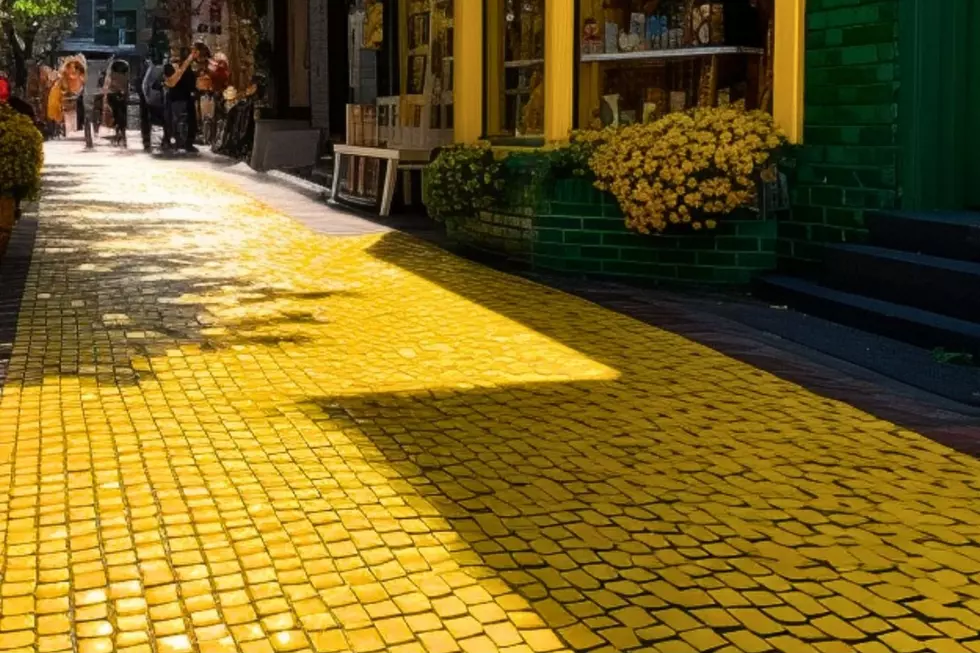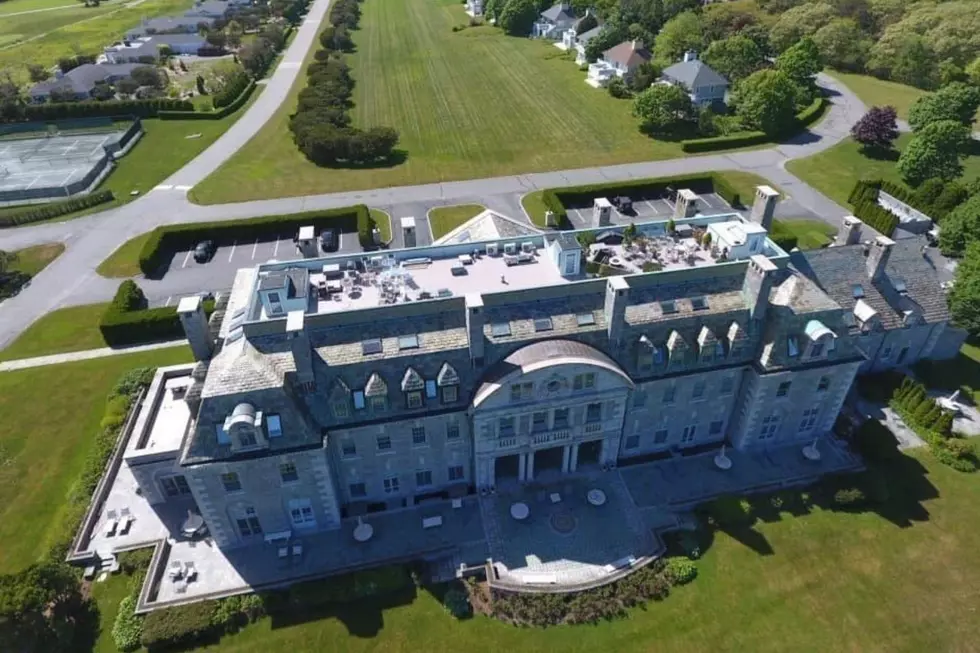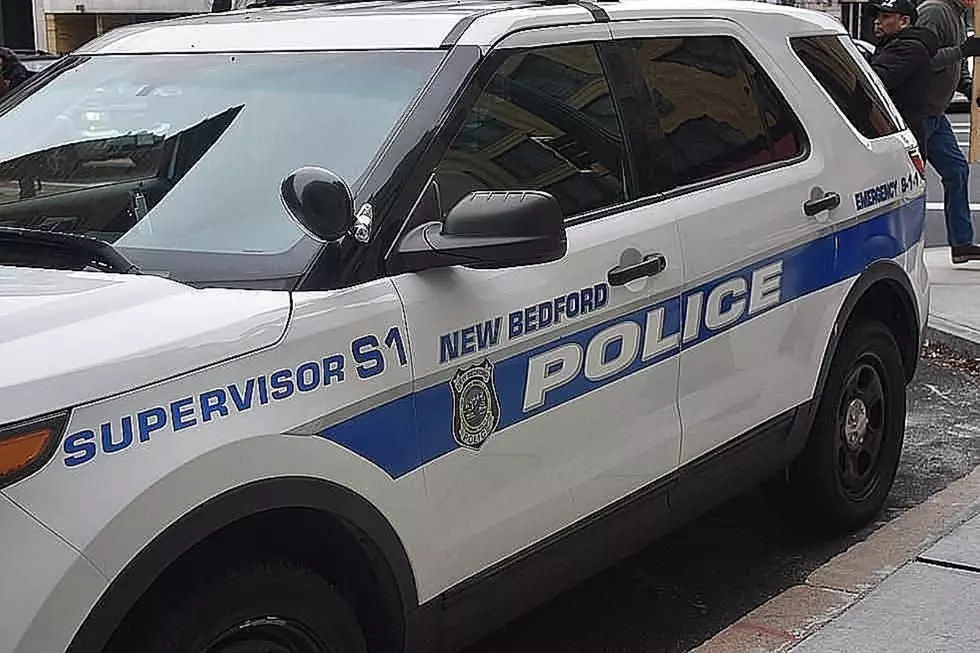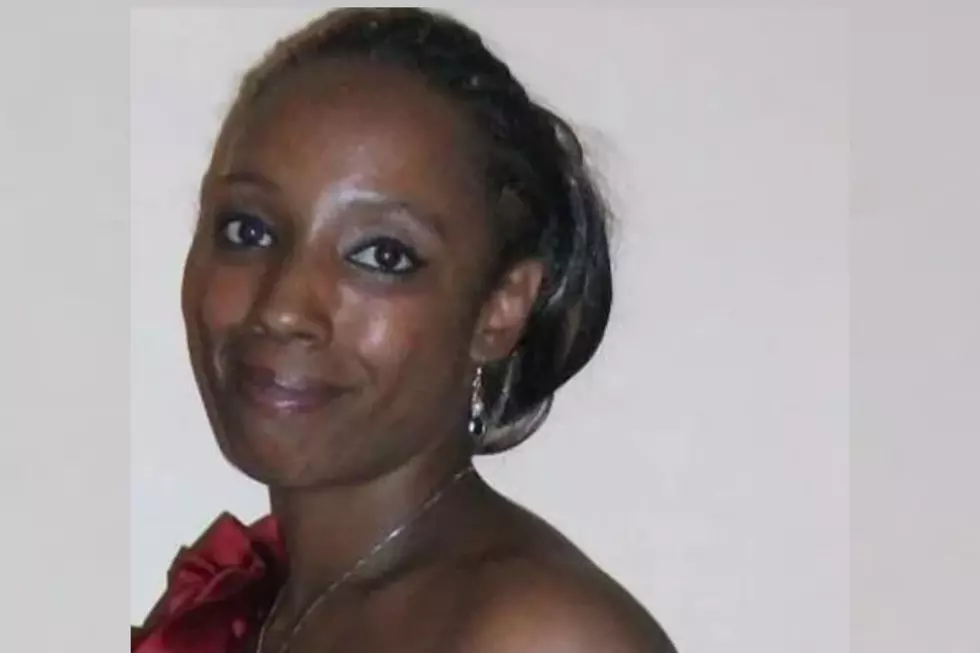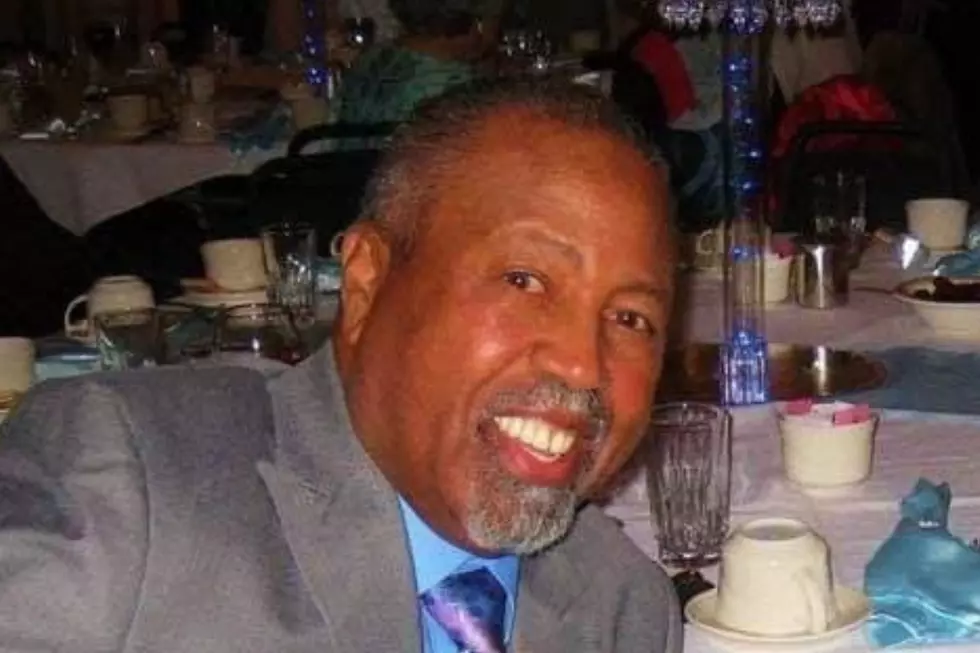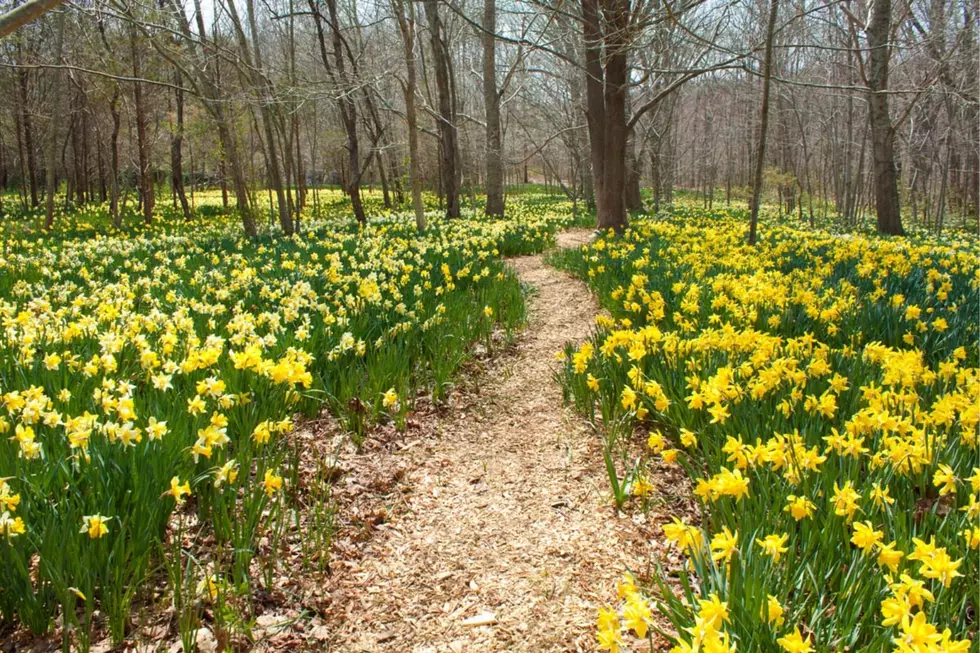![New Bedford Needs COVID Vaccine Equity [OPINION]](https://townsquare.media/site/518/files/2021/03/GettyImages-1231456890.jpg?w=980&q=75)
New Bedford Needs COVID Vaccine Equity [OPINION]
A full calendar year after the COVID-19 pandemic was declared a national emergency, a pathway to normalcy appears to be on the horizon.
A steady drop in cases in the Commonwealth of Massachusetts has prompted Governor Charlie Baker to begin moving into Phase 4, the final step in his administration's re-opening plan. At the national level, the recently passed $1.9 trillion American Rescue Plan will is expected to bring nearly $8 billion in public health and economic investment to the Commonwealth.
We can finally see the other side of this pandemic, but in order for a community like New Bedford to get there, it needs significantly more investment in public health resources than what the state is currently allocating.
The New Bedford City Council's COVID-19 Committee, chaired by Ward 3 City Councilor Hugh Dunn, revealed a glaring inequity in public health resources being allocated to New Bedford when it met last Monday. Public Health Director Damon Chaplin testified he had urged that the mere 400 vaccines per week that New Bedford is receiving from the state's Department of Health and Human Services are woefully inadequate if the city is going to get to herd immunity.
New Bedford has a high population of elderly and communities of color, the two communities most significantly impacted by the COVID-19 virus. Chaplin stated that he has made it very clear to the state that these at-risk communities need greater focus and thus more vaccines and resources, but those urgencies have not been met with any action from the state.
Interestingly enough, the neighboring suburb of Dartmouth, which has approximately one-third of the population of New Bedford and even less concentration of at risk-communities, has to date received more vaccines from the state than New Bedford has.
This isn't the first time that New Bedford hasn't gotten the attention that it is in desperate need of during this pandemic. Three months ago, I had Councilor Dunn on my program to discuss the need to maintain increased COVID testing in the city. Dunn then wrote a letter to Massachusetts Health and Human Services Secretary Marylou Sudders to make sure the department was aware of the testing accessibility issue in the city and HHS responded promptly by maintaining an increased presence of testing facilities on the SouthCoast.
After the recent COVID Committee meeting, Dunn addressed this new crisis of inequity on two fronts. He wrote another letter to Secretary Sudders, this time urging Mass HHS to focus a much greater share of vaccines and public health resources to New Bedford to reflect the city's concentration of at-risk communities, and he made these concerns abundantly clear when he joined Chaplin in a meeting with a representative from the department.
Dunn joined me yet again on the program last Saturday. I ran his first campaign for the city council when he ran in 2017 for the special election and for his reelection later that fall. His ability to identify the issues most critical to the city and to have the institutional knowledge to properly advocate for his constituents on those issues has assured me that enduring the grind of local campaigning was time well spent. You can listen to the full conversation here:
Marcus Ferro is the host of The Marcus Ferro Show airing Saturdays on 1420 WBSM from 1 p.m. to 4 p.m. Contact him at marcusferrolaw@gmail.com. The opinions expressed in this commentary are solely those of the author.
LOOK: Answers to 30 common COVID-19 vaccine questions
While much is still unknown about the coronavirus and the future, what is known is that the currently available vaccines have gone through all three trial phases and are safe and effective. It will be necessary for as many Americans as possible to be vaccinated in order to finally return to some level of pre-pandemic normalcy, and hopefully these 30 answers provided here will help readers get vaccinated as soon they are able.
More From WBSM-AM/AM 1420
